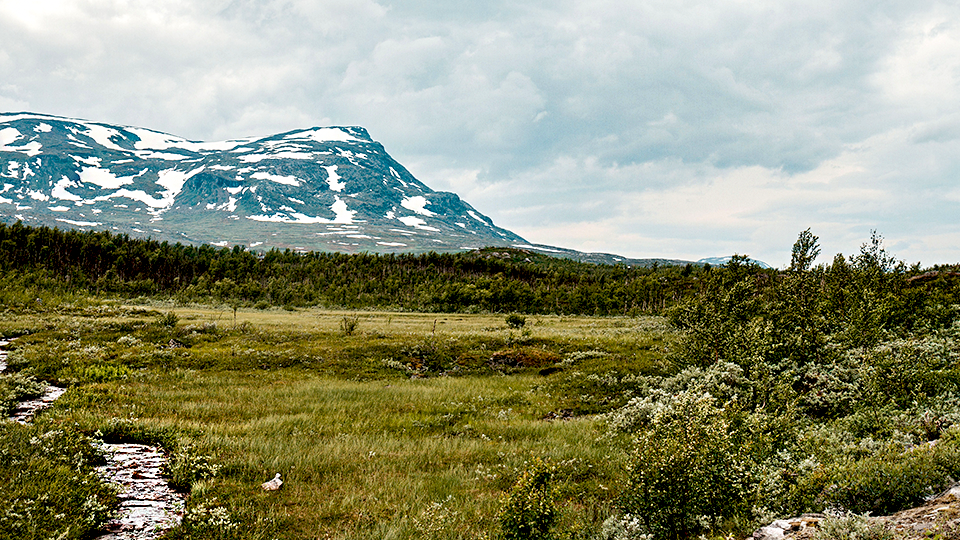
Entire climate system is studied in a new EU project
IVL Swedish Environmental Research Institute is participating in a newly launched EU project which will take a holistic approach to the interaction between impacts, risks, adaptation and measures against climate change. The aim is to break the silo approach, so that integrated assessments can be conducted.
There are lots of climate projects that focus only on climate adaptation or climate effects, while very few take a holistic approach the way this project does
, says Eskil Mattsson, project manager and researcher at IVL Swedish Environmental Research Institute.
The project is called Nevermore, New enabling visions and tools for end-users and stakeholders thanks to a common modeling approach towards a climate neutral and resilient society, and will run for four years with 16 participating organizations from eight European countries. Swedish participants are IVL and Energikontor Norr, Sweden's northernmost energy office, supporting municipalities and companies in energy and climate work. The research will result in appropriate recommendations to decision-makers and the public, including both technical measures and political instruments, both locally and at EU level.
It's an ambitious project, but that makes it all very interesting and challenging. There's a lot of complexity that we need to consider, if we are to develop good solutions to the climate challenges we face.
Conflicts of aims and local conflicts of interests
One example of complexity is how climate change is characterized by a wide range of feedback effects, such as the risk of forest fires increasing with higher temperatures, and these fires in turn release carbon dioxide and spread soot, which when carried in the atmosphere settles at the poles, causing snow and glaciers to melt even faster. In order to account for all feedbacks, both negative and positive, a large part of the research in the project will be modeling.
With a solid modeling basis, the project will hopefully overcome much of the silo thinking that currently characterizes the climate issue. The project will also study various conflicts of aims that may arise as a result of climate change, not least at the local level.
A typical conflict of objectives is the one between climate goals and the goal of preserving biodiversity. To be able to identify local conflicts of interest and different geographical, climatic and social conditions, the researchers will work on various case studies, including in northern Sweden, in close cooperation with a collaborative group together with Energikontor Norr.
We look forward to being the link between research and local actors, to help create new ways to visualize future scenarios and find suitable ways to work with climate adaptation
, says Lina Widenmo, project manager at Energikontor Norr.
We have many stakeholders, from highly vulnerable groups that are affected locally to large industrial players, not least in the forestry and energy sectors in Sweden. There will be a lot of knowledge exchange on many levels
, says Eskil Mattsson.
If you have questions, contact:
Eskil Mattsson, tel: +46 10 788 67 34
